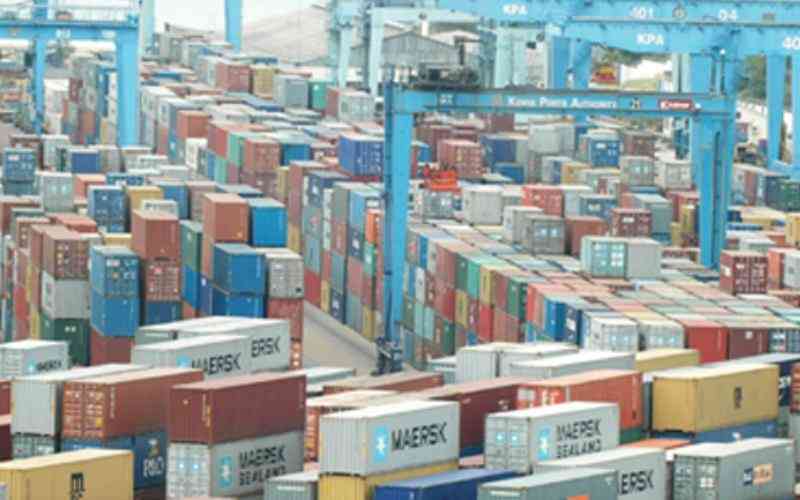×
The Standard e-Paper
Join Thousands Daily
The closest many of us come to patents is when buying generic drugs, which are cheaper than the original brands.
Generic drugs are produced after their patent expires. A patent protects an innovation, allowing the holder to make money for a given period of time.







